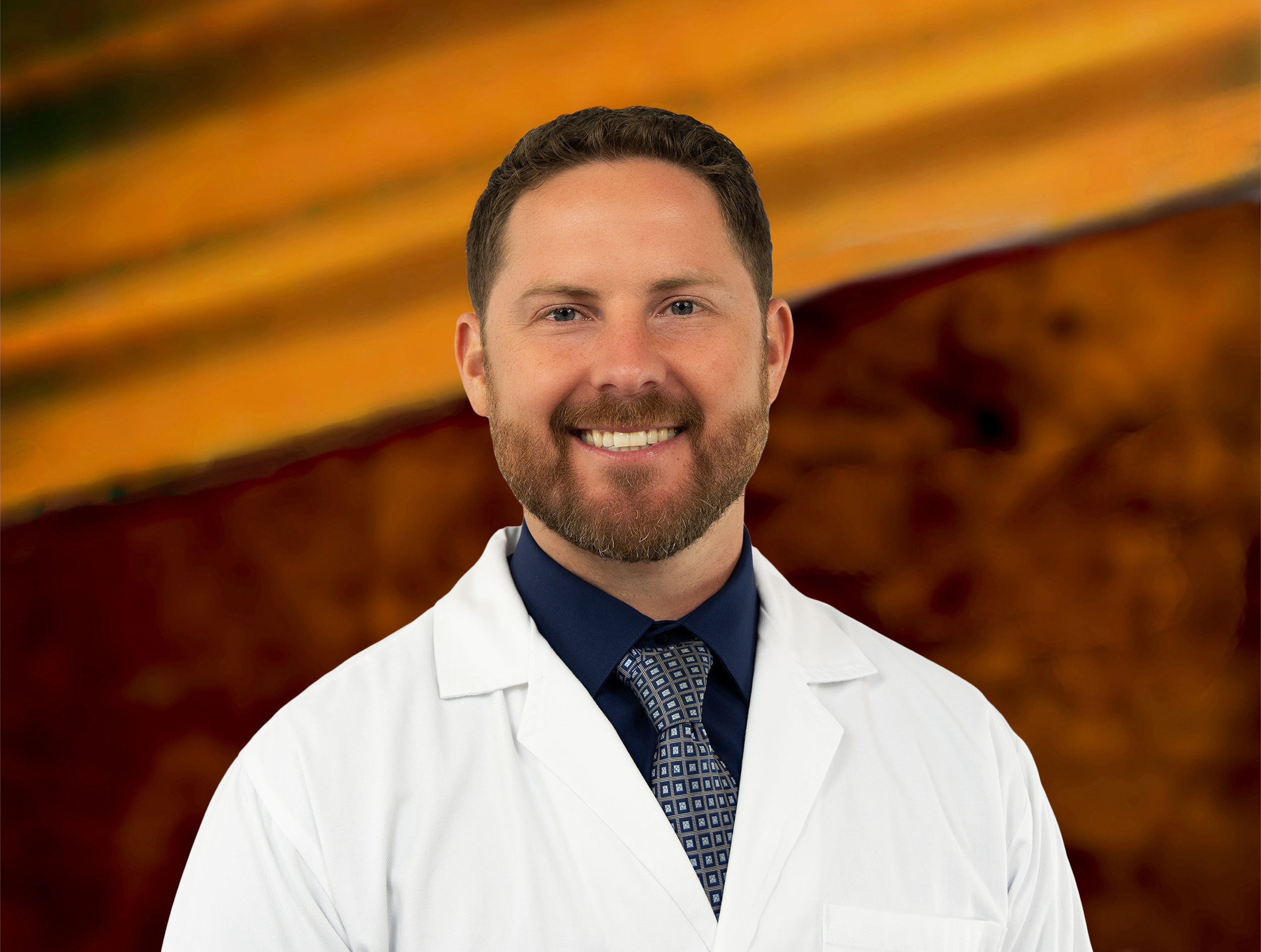With an eye toward providing more holistic, effective care for patients, Finger Lakes Community Health (FLCH) hired Jacob M. Sprouse, Pharm.D., as a clinical pharmacist. Sprouse joins FLCH from the Wainwright Memorial VA Medical Center in Walla Walla, Wash. He is based at the community health center’s Geneva offices but serves all of Finger Lakes Community Health’s patients via telehealth or in person.
What is a clinical pharmacist?
While clinical pharmacists don’t diagnose patients, they have a depth of understanding about certain common conditions—like diabetes—that involve complex medications, often in combination. And Sprouse’s approach doesn’t begin and end with prescription drugs.
It’s not unusual for people to face more than one condition, especially as they age. Sprouse’s approach considers all the medications a patient requires, how they interact, and what combination of medications will offer the best chance for reduced health risks.
Helping patients get the right care
Clinical pharmacists can help protect patients, reduce health risks, improve long-term outcomes, and reduce hospitalizations with their expertise by adjusting medications. But there’s more Sprouse looks at including nutrition. For instance, the typical American diet lacks adequate fiber intake, Sprouse says. Nutrition can affect the need for medications like antidepressants, he says.
As a clinical pharmacist, Sprouse can also smooth out patient prescription processes. Things like prior authorizations for prescriptions can slow down the process for patients and increase complexity for providers, which can be frustrating for everybody.
“I can be the middleman between the health center and the store pharmacy because I am a pharmacist and understand the process,” Sprouse says.
Patients need more than medication.
“Medications have their place, but I don’t think they always need to be the first thing we turn to. I like to use them in combination with helping patients work on their lifestyle and wellness,” Sprouse says.
For instance, if you can help a patient lose weight through better nutrition choices, they can avoid the need for weight-loss drugs and reduce their risk of needing medications for other conditions brought on by obesity, like high blood pressure.
“So, as this patient loses weight, we likely reduce their blood pressure medicines. Their blood pressure comes down and they can be more active due to weight loss. The knee pain might subside because there’s less weight on it. Weight loss can improve sleep apnea, less pain leads to better rest. So, sleep and quality of life improve.”
In his spare time, he likes to entertain his kids, go biking with his son, hike, and camp. He is currently renovating his home and familiarizing himself with the beautiful community where he lives.

